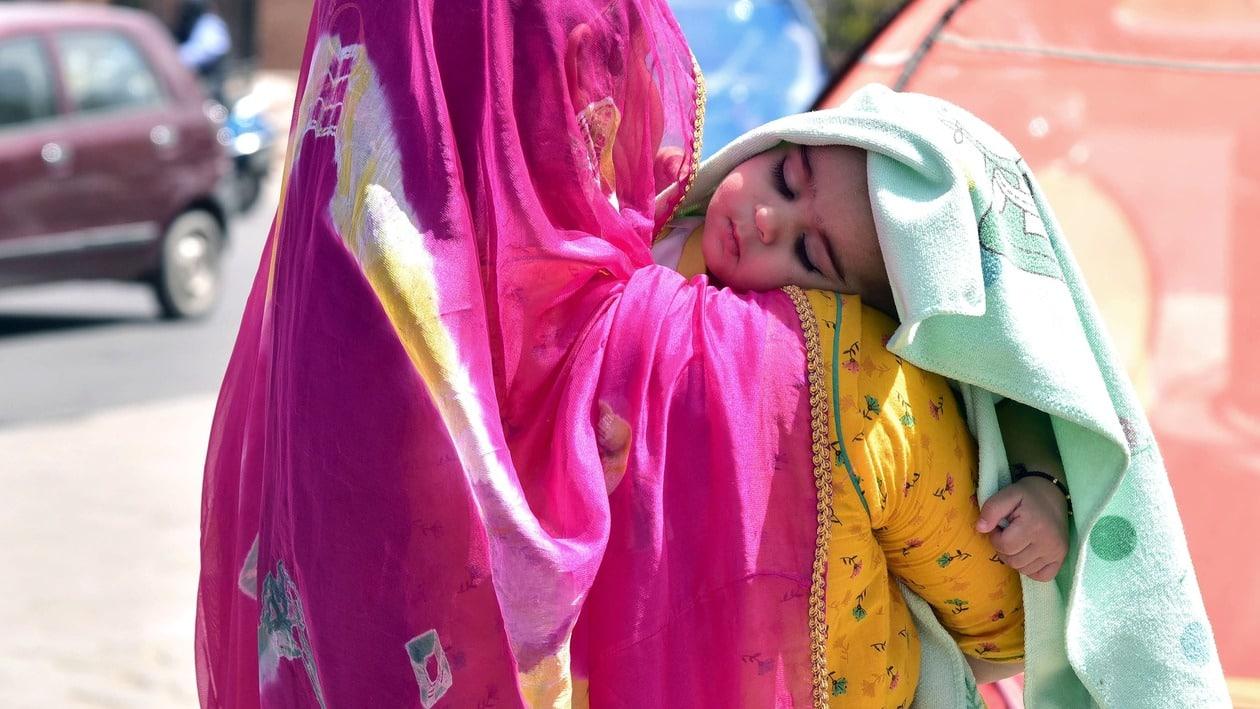This year, India experienced its hottest February since 1877. And we are currently witnessing a surge in temperature and heatwaves due to the early arrival of summer, pollution, and rapid climate change, amongst others. While heatwaves are becoming a common phenomenon in India, such conditions can cause considerable damage to people’s health. Here is how you can protect yourself from the dangers of excessive heat and heatwaves and how the right comprehensive health insurance cover can ensure timely and best medical treatment if/when required and help you mitigate the financial burden caused by it.
The risks of heatwaves
According to India Meteorological Department (IMD), if the maximum temperature reaches 40°C in plain areas and 30°C in hilly areas, it is considered a heatwave. In 2022 alone, India witnessed 203 heatwave days, five times more than in 2021. IMD announced that this year, heatwave days are expected in most parts of central, east, and northwest India in the coming weeks.
Heat-related illness encompasses a spectrum of health problems like heat rash, heat syncope, profuse sweating, dehydration, headache, rapid breathing, fast/weak pulse, nausea, fainting, dizziness, dark-colored urine, and heat exhaustion. If not monitored and treated quickly, these may result in multiple organ dysfunction or central nervous system abnormalities.
People exposed to hot climates without enough shade or water, or proper clothing are often at risk of developing heat-related illnesses. Poorly hydrated individuals with insufficient fluid intake or excess alcohol consumption are also at risk. Some drugs and medications also increase the risk of heat illnesses, including alcohol, antihistamines, beta-blockers, diuretics, and laxatives.
Thus, it is vital to recognize and treat heat illnesses fast, as failing to do so can be fatal.
Here are a few steps you can take to reduce the risk of heat-related illnesses:
Check the symptoms: If you show signs of heat-related illnesses like nausea, dehydration, or severe heart palpitations, please visit your nearest doctor/ hospital/medical center for immediate medical consultation/treatment.
Staying hydrated: Drink plenty of water and avoid alcoholic and caffeinated beverages, as they can dehydrate you.
Avoid direct sunlight: Stay indoors as much as possible and avoid going outside during the hottest period of the day.
Wear appropriate clothing: Wear loose-fitting, lightweight clothing, preferably cotton, which covers as much skin as possible. Also, apply sunscreen lotion to protect your skin from harmful rays, sunburn, and skin cancer.
Use cooling devices: Use air-conditioning, fans, or other cooling devices to keep your home or workspace cool.
Use oral fluid therapy: Oral rehydration, like drinking electrolytes, is one of the best medical treatments for extreme dehydration.
Insure yourself with a comprehensive health plan to take care of your medical needs: Be it heat-related or any other health issues, having a comprehensive health insurance plan is vital.
It ensures the best-in-class medical treatments and hedges you from medical costs. For instance, in an unfortunate event of an organ failure due to pre-existing morbidities or heatstroke, a comprehensive health insurance plan that covers organ donor expenses will be a lifesaver. It will also help cover the massive medical cost incurred due to the organ transplant. Alternative medicine like Ayurveda, Homeopathy, etc., commonly known as AYUSH, is also covered in such comprehensive health insurance plans, which can be opted to treat/manage heat-related issues. In an emergency, you can avail of air ambulance and radio taxi services.
Yearly health check-ups, second opinion cover, vaccination cover, medical equipment cover, teleconsultation, etc., are all offered in most insurance plans. You can reap the benefit of these features to keep your health in check. While choosing a health plan, it is crucial to ensure that your sum insured amount is enough to cover substantial medical expenses.
Along with taking adequate precautions, having the right health insurance plan to protect yourself and loved ones from health-related ailments is imperative. These steps will not only offer you peace of mind but also help you to recover faster.
Mr. Rakesh Jain is CEO, Reliance General Insurance.
